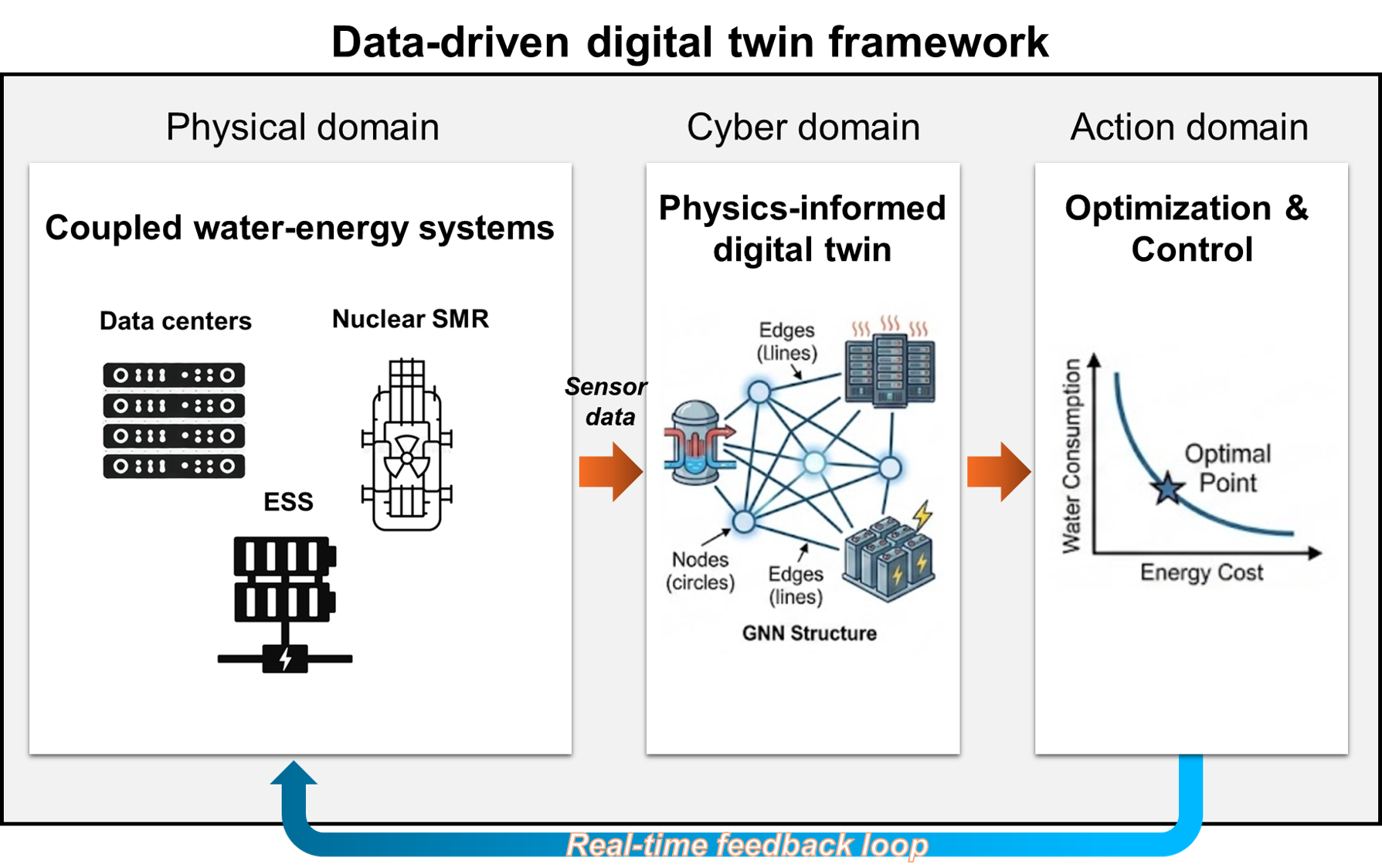About
Sangsuk Lee
Postdoctoral scholar
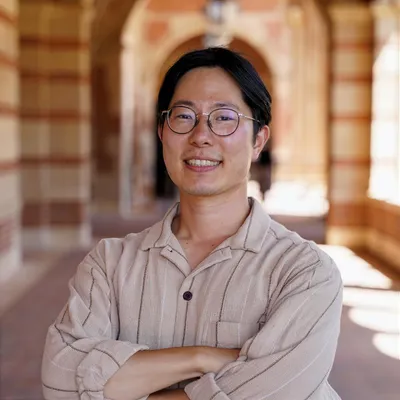
I am a researcher passionate about advancing sustainable water and energy solutions through membrane processes, computational modeling, and AI-driven analysis. My academic journey spans a Ph.D. in Civil, Environmental, and Architectural Engineering at the University of Colorado Boulder with Prof. Anthony Straub, an M.S. at Carnegie Mellon University with Prof. Kelvin Gregory, and early training at Korea University with Prof. Seung Kwan Hong. Currently, I am a postdoctoral researcher at UCLA working with Prof. Eric Hoek, where I lead projects on engineering novel reverse osmosis system, and mass transport mechanisms in membranes. Alongside research, I enjoy physical, water, and wellness activities such as lifting, dancing, pilates, and cold plunge.
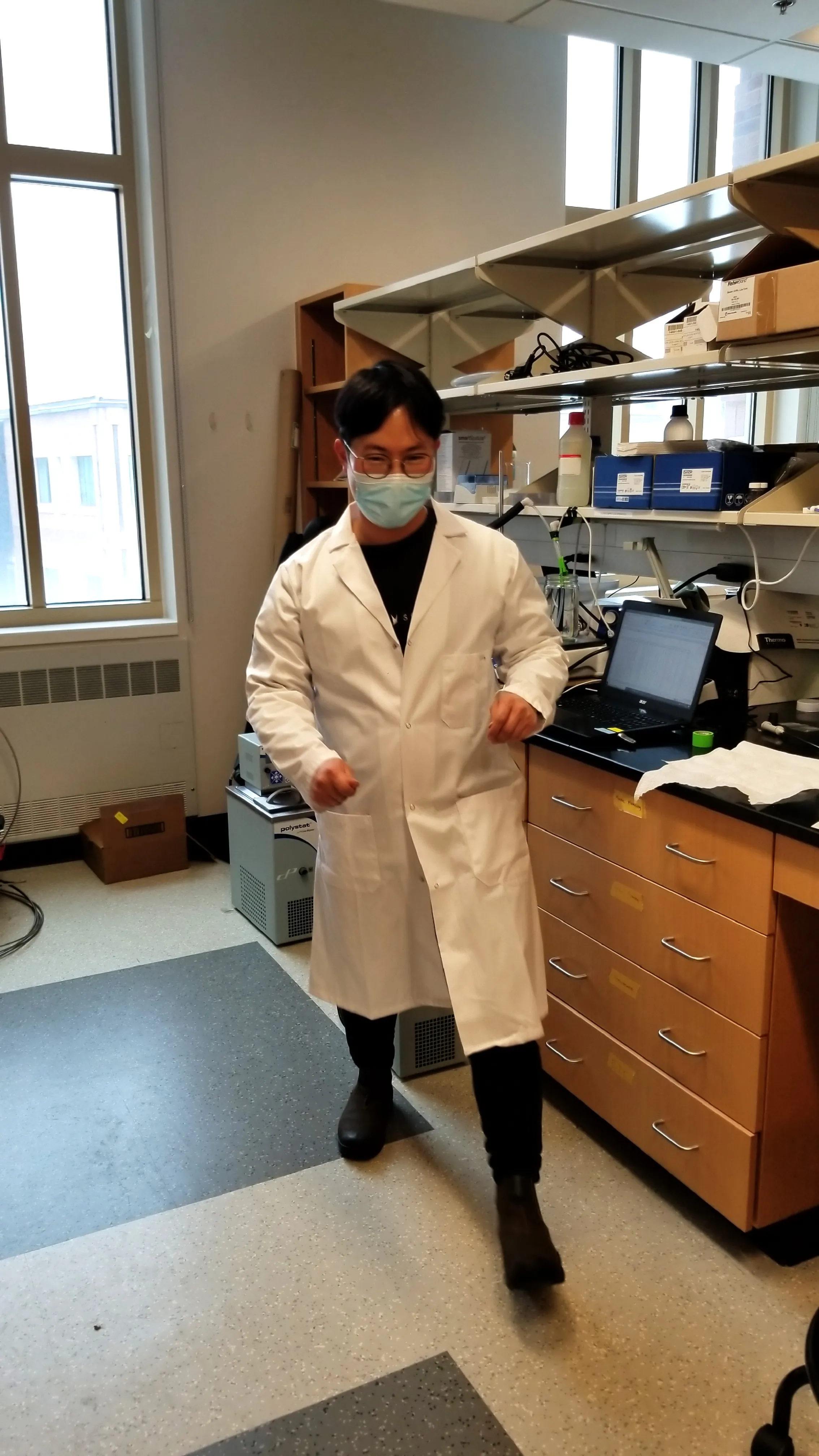
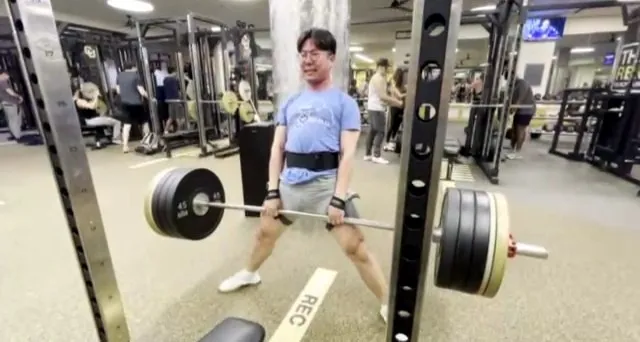
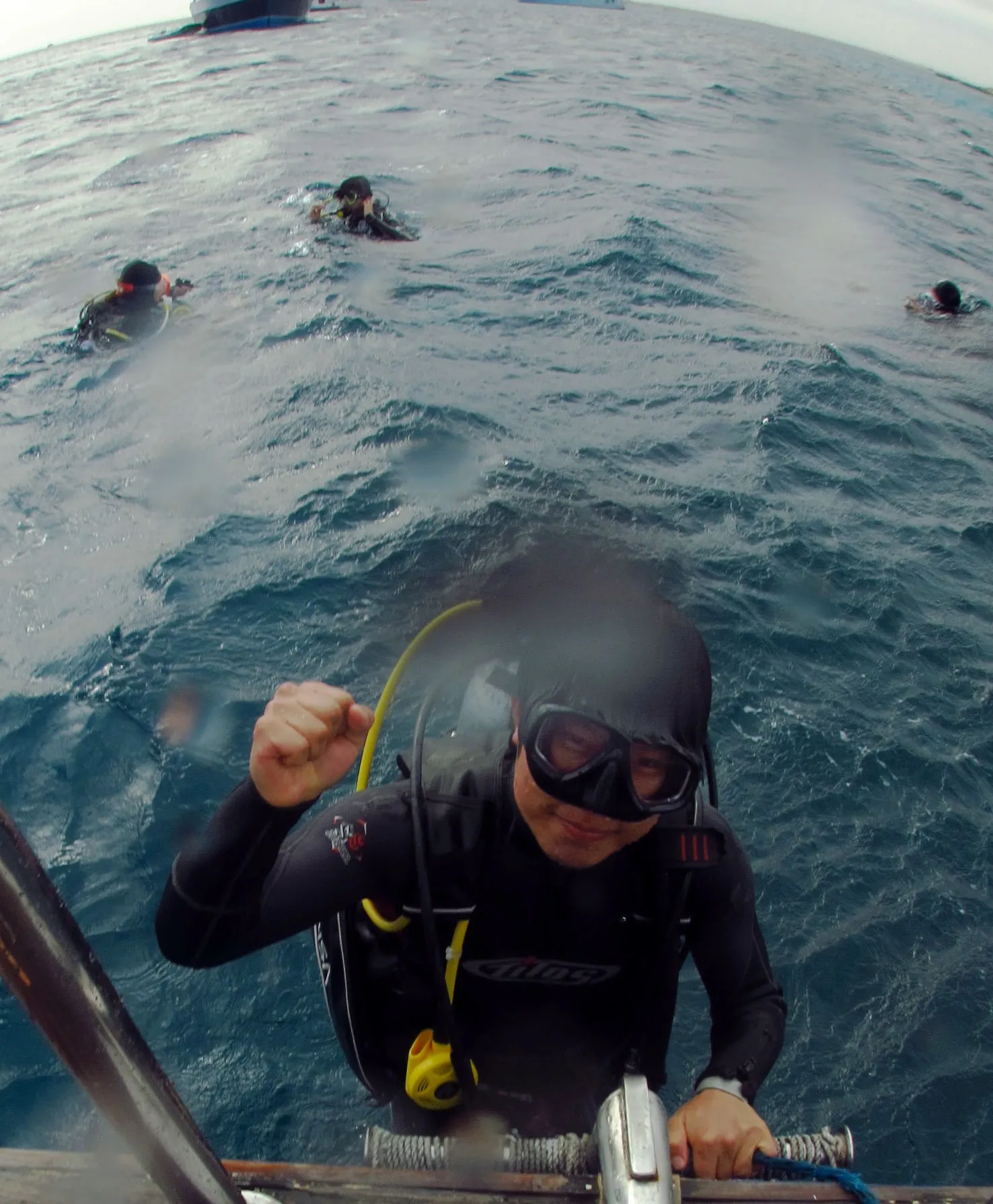
Vision
Research agenda
Digital Twin of the Water-Energy Nexus
The rise of artificial intelligence introduces a transformative capability to the traditional water–energy nexus: the realization of the digital twin. My research addresses this paradigm by integrating multiscale modeling, data-driven analytics, and physicochemical membrane technologies to seamlessly couple physical separation and thermal control with virtual intelligence. This synthesis creates a unified framework for resilient infrastructures, where predictive insights drive adaptive operations to safeguard human and ecosystem health in the digital age.
Water
I develop advanced separation systems that address the fundamental physicochemical challenges at the core of the water–energy nexus. By integrating water treatment technologies with multiscale transport modeling, my research elucidates the complex interactions between solutes and interfaces that determine separation efficiency and system longevity. These mechanistic insights provide the essential physical ground truth required to construct a comprehensive digital twin, enabling the precise simulation of transport phenomena and guiding the design of next-generation infrastructures that maximize water security while minimizing resource consumption.
Energy
My research advances multi-purpose separation processes that bridge the gap between water purification and energy/resource recovery. I investigate how thermodynamic gradients and phase-change phenomena can be harnessed to recover latent heat and drive separation, transforming water infrastructure into active energy assets. By incorporating these efforts into digital twin architectures, I create frameworks that simulate energy flows in real-time. This approach optimizes the synergy between water treatment and heat recovery, ensuring sustainable operation across variable environmental conditions.
Digital Twin
At the intersection of molecular science and systems engineering, my work integrates physics-based modeling with advanced data analytics to decode the behavior of complex water and energy systems. Using physics-informed machine learning, I develop predictive environments that act as the computational brain of the water–energy nexus. These virtual representations capture the non-linear dynamics of system performance and environmental interactions, linking fundamental science to system-wide decision-making to enable the interactive operation of sustainable infrastructure.
Research
Research projects
Processes
Studied advanced membrane processes such as forward osmosis, osmotic distillation, membrane distillation, and pressure-driven distillation, developing a better understanding of membrane interfacial chemistry such as evaporation and condensation, improving water reuse efficiency, and demonstrating high productivity and selectivity in desalination systems.
Surface modification
Engineered re-entrant nanostructures and chemically functionalized omniphobic surfaces on anodic aluminum oxide substrates, achieving enhanced wetting resistance through tailored surface energy modulation and interfacial molecular interactions, enabling wastewater reuse and organic solvent separation.
Data-driven analysis
Built machine learning and statistical models including neural networks and random forests to predict reverse osmosis/nanofiltration rejection, integrating molecular fingerprints for accurate solute transport predictions. In addition, I have been building time-series forecasting models based on sensor data from a portable water filtration device, a project supported by the US Navy.
Molecular dynamics
Designed simulations to study thermal transport in breathing porous crystals and investigated gas adsorption mechanisms, revealing heat transfer behaviors that guide material design for separation applications.
Optimization
Performed techno-economic and thermodynamic modeling of desalination systems and energy recovery devices, identifying operating conditions that minimize energy use while maintaining high separation performance. Developed a projection software for the novel design.
Computational fluid dynamics
Simulated membrane transport phenomena, including pore size distribution effects on rejection efficiency, to link nanoscale membrane properties with macroscale separation performance.
Processes
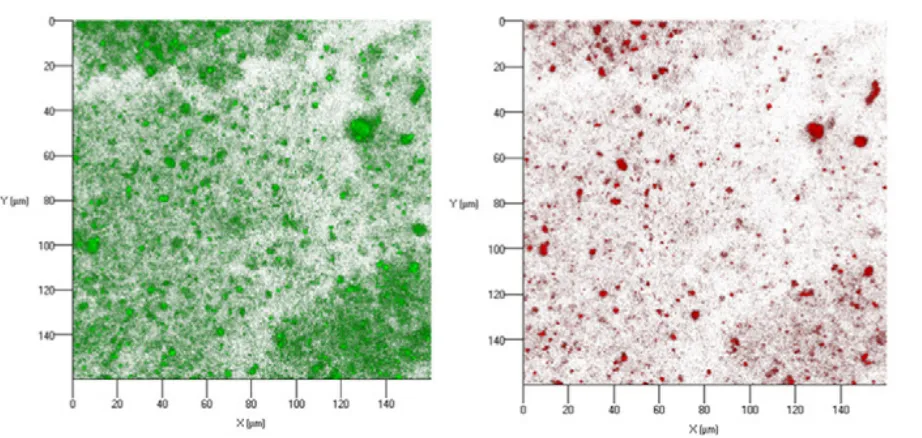
Organic fouling during FO dewatering of activated sludge
Surface modification
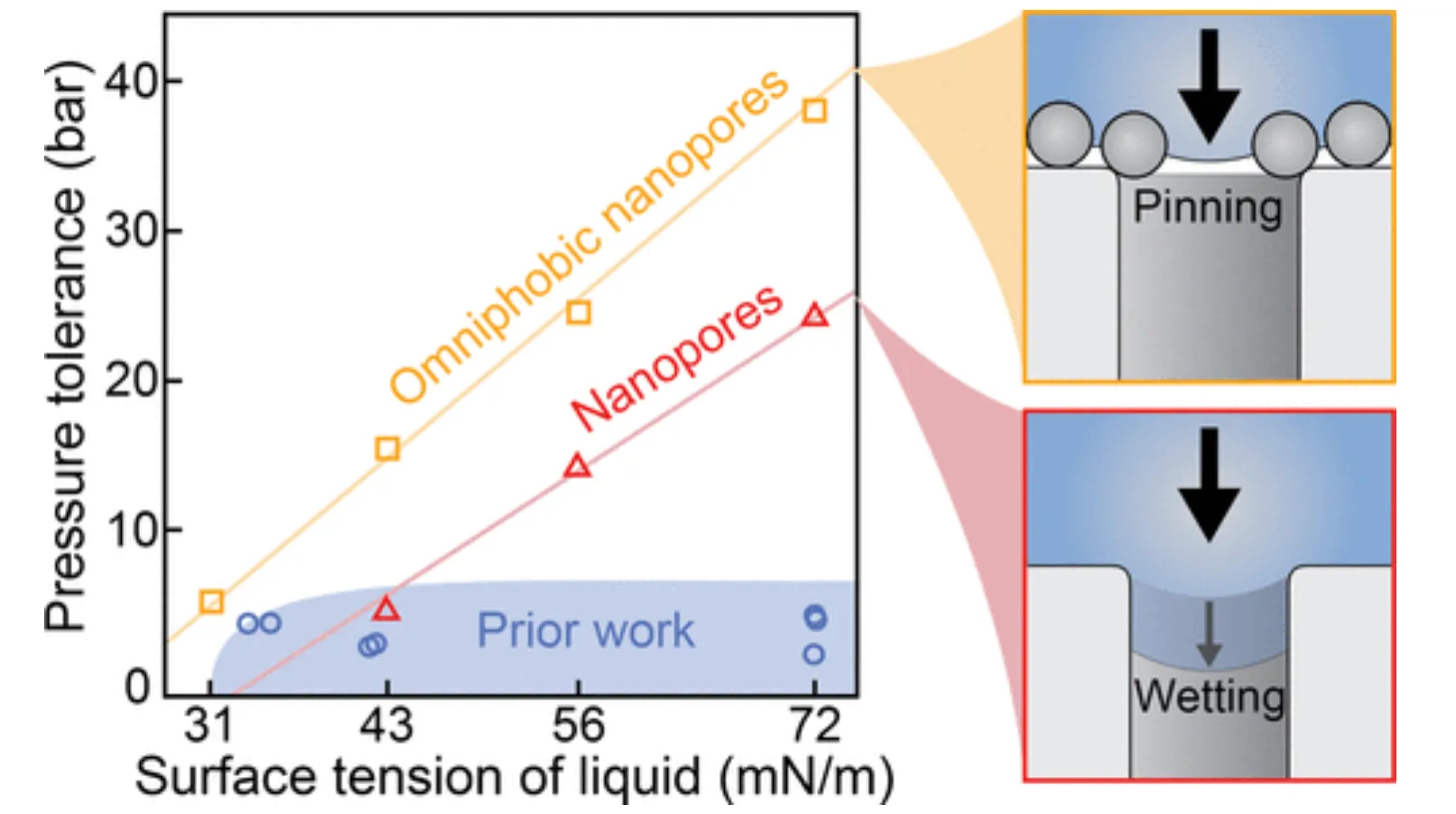
Nanoreentrant strcutures to increase liquid entry pressure
Data-driven analysis
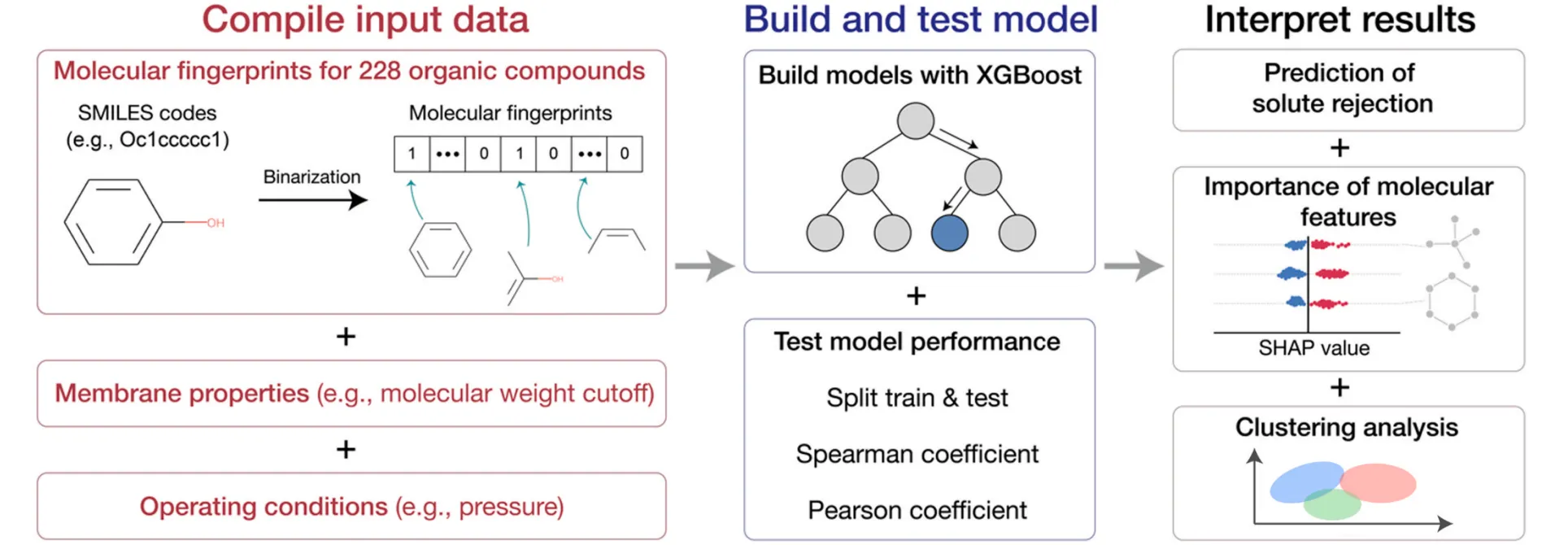
Molecular fingerprints aided data-driven models for membrane rejection predictions
Molecular dynamics
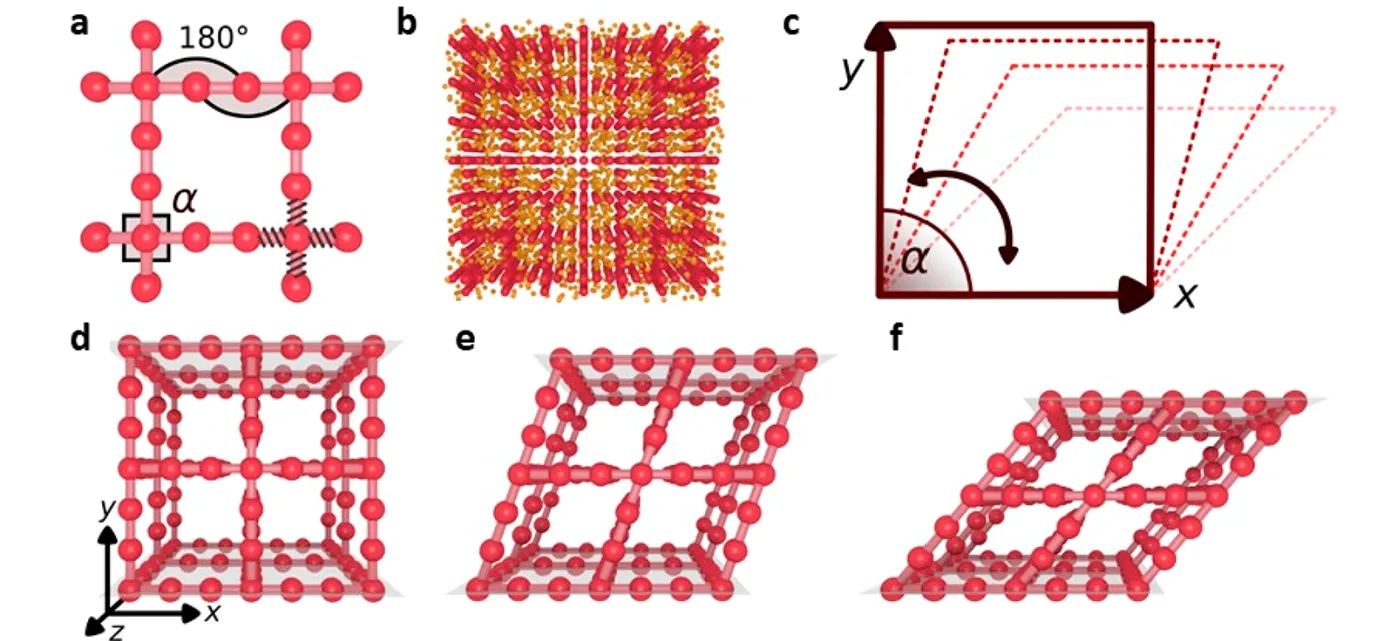
Thermal conductivity calculations for breathing porous crystals
Optimization
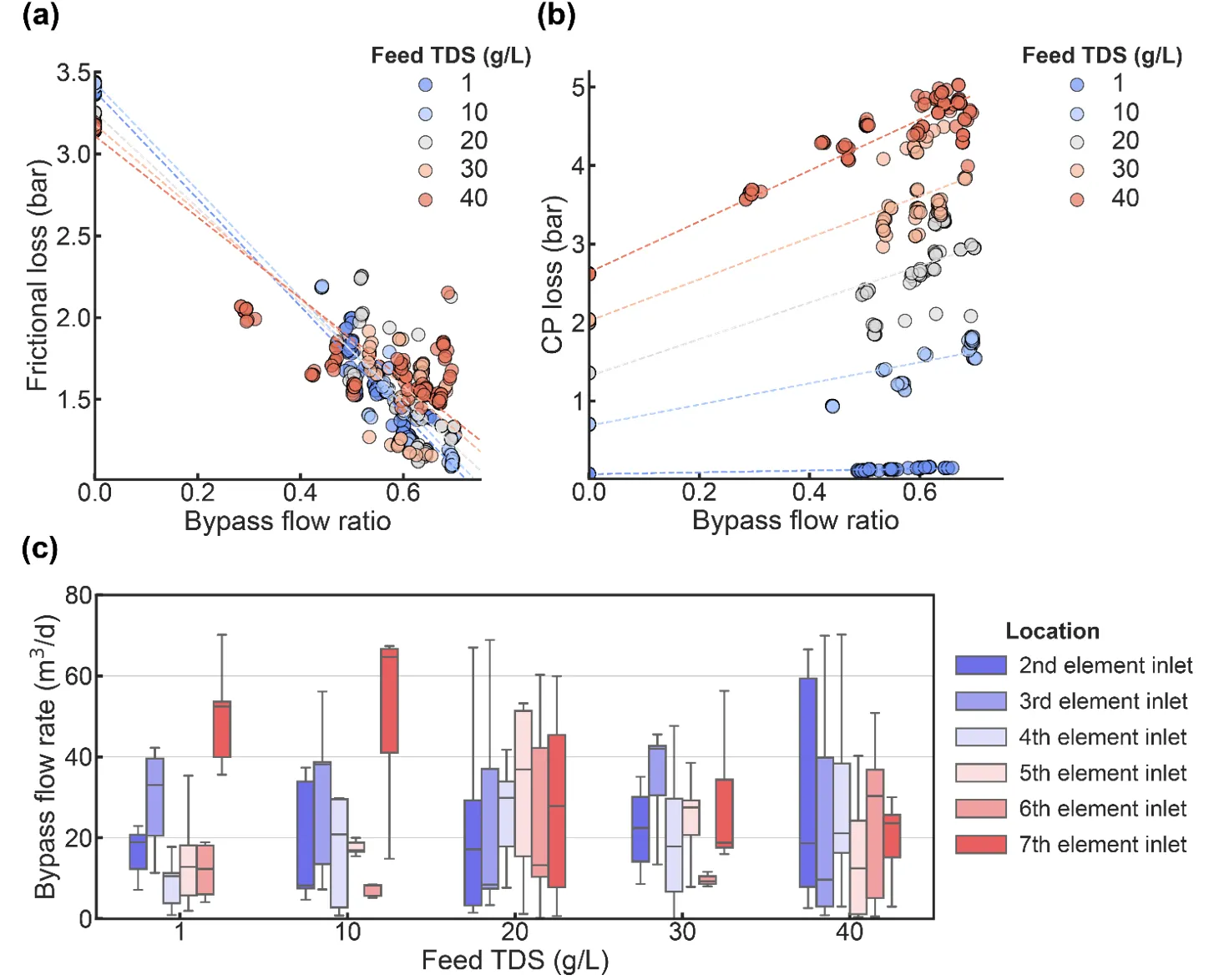
Bypass flow rate optimization in reverse osmosis pressure vessel
Computational fluid dynamics
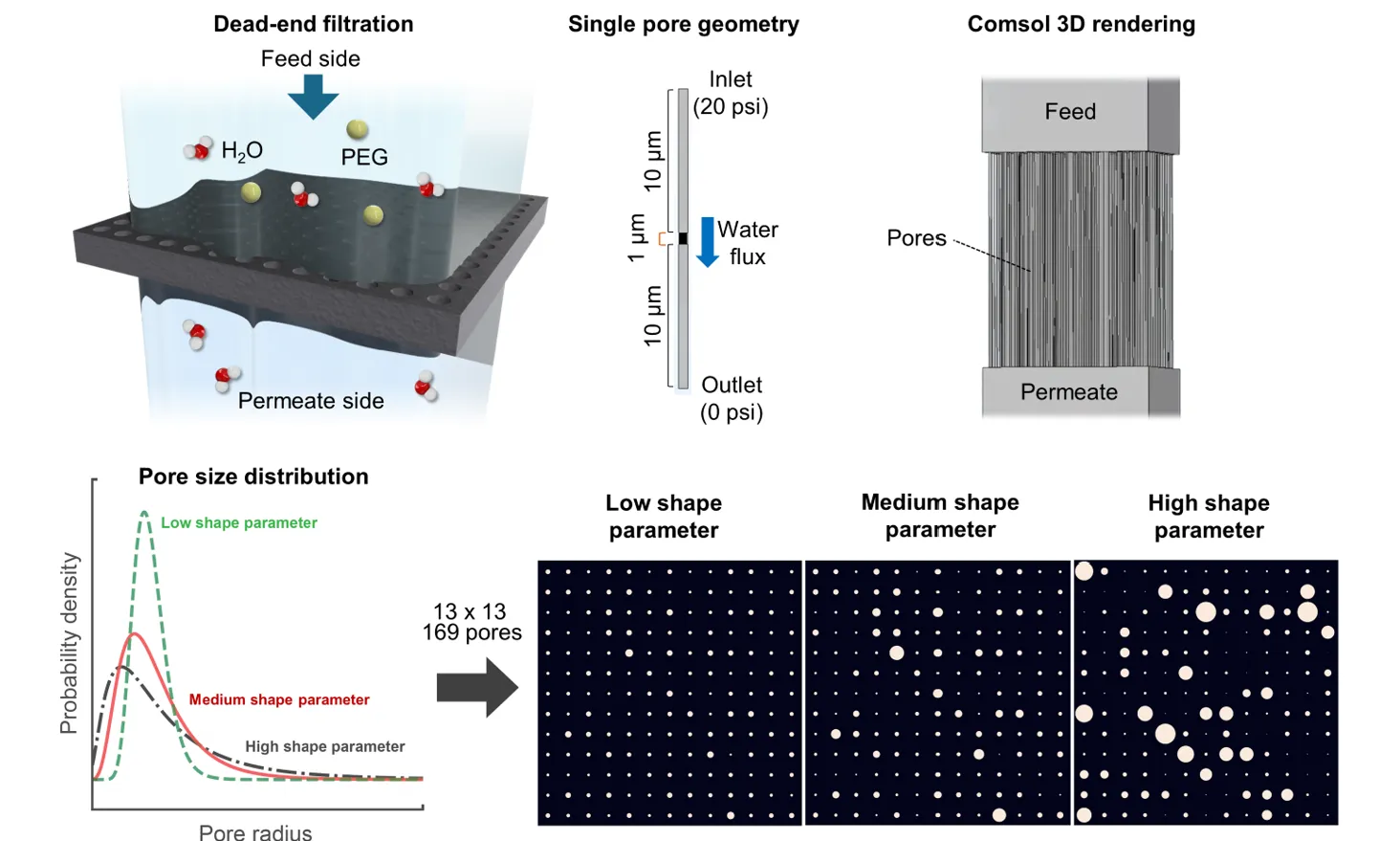
Simulating flow velocity through ultrafiltration membrane pores with different pore size distributions
Teaching
Teaching experiences
Teaching Assistant
- Water Environmental Plant Engineering (Korea University)
- Environmental Engineering (Korea University)
- Water Chemistry (University of Coloardo Boulder)
- Fundamental of Environmental Engineering (University of Coloardo Boulder)
Guest Lecturer
- Water Environmental Plant Engineering (Korea University)
- Fundamental of Environmental Engineering (University of Coloardo Boulder)
- Membrane Separations in Aquatic Systems (University of California Los Angeles)
Mentor
- Discovery Learning Apprenticeship Program (University of Coloardo Boulder)
- UCLA Grad Slam (University of California Los Angeles)
Professional Development
- NSF I-Corps Regional Program (University of California Los Angeles)
- Aademic Teaching Workshop (University of Colorado Boulder)
Services
Community involvement
Community service, outreach, and volunteering
I served in the Republic of Korea Navy at the Naval Headquarters, as part of the Facility Support Squadron.
I worked on a water well drilling team in Ethiopia for a year, constructing wells in rural villages.
I volunteered as a private English tutor for North Korean refugee students.
I volunteered to teach science classes by incorporating dance at local elementary schools during my Ph.D.
I volunteered with the Farm Club in Boulder, helping to manage community gardens on campus and in the city.
I volunteered to prepare and serve meals for people experiencing homelessness.
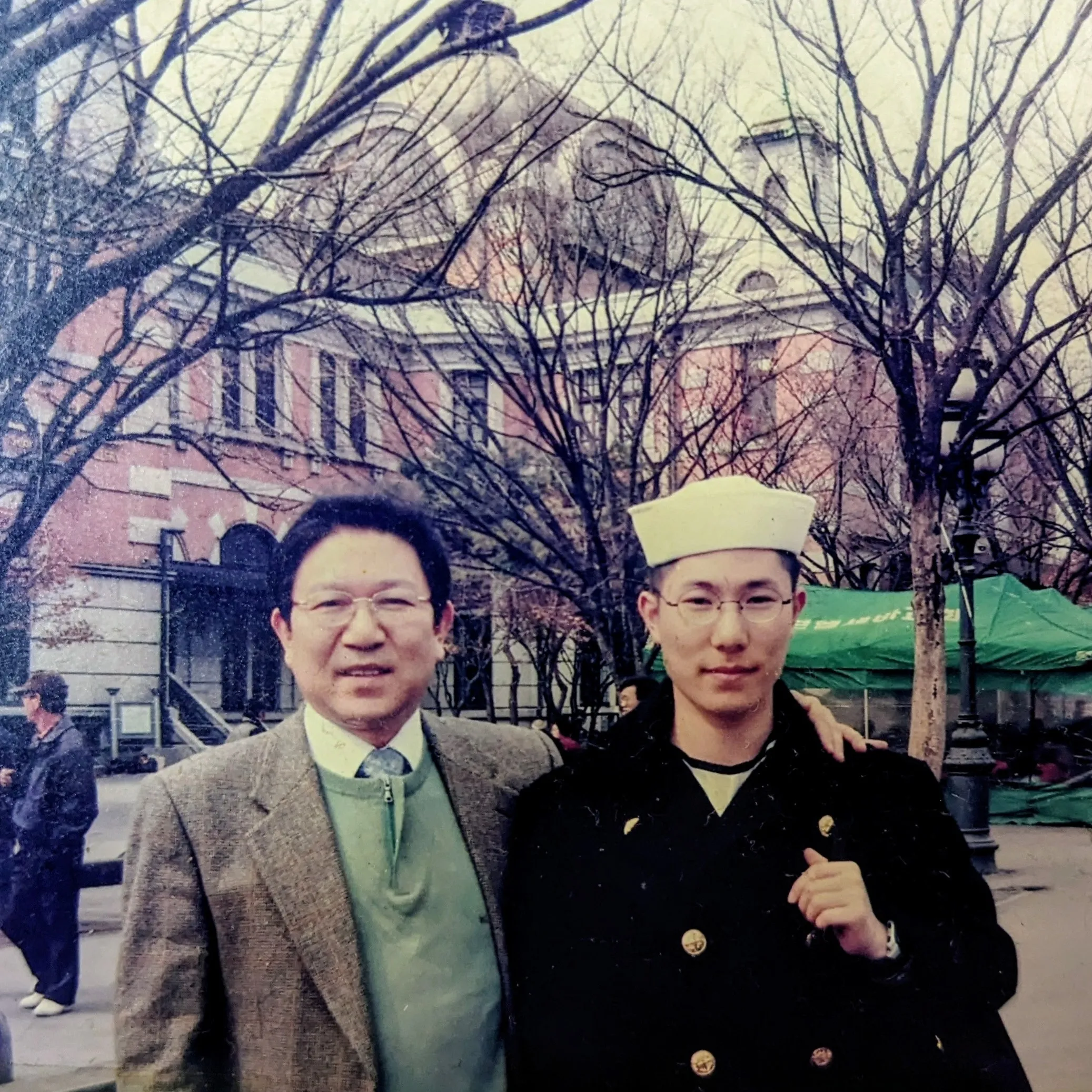
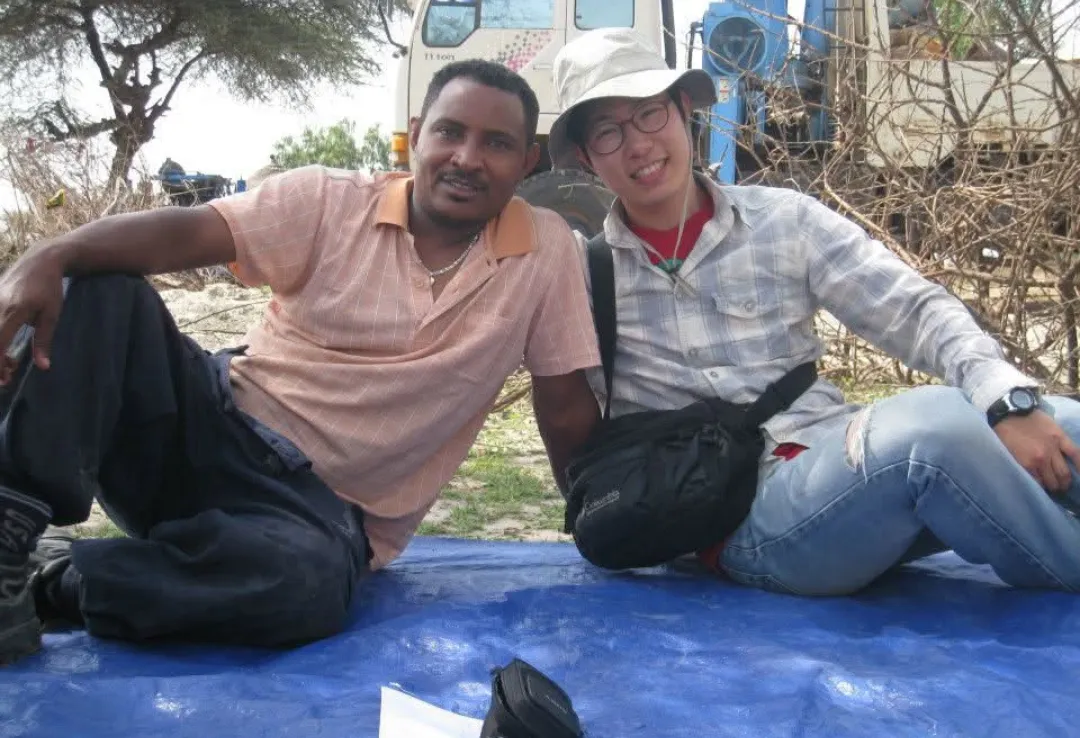
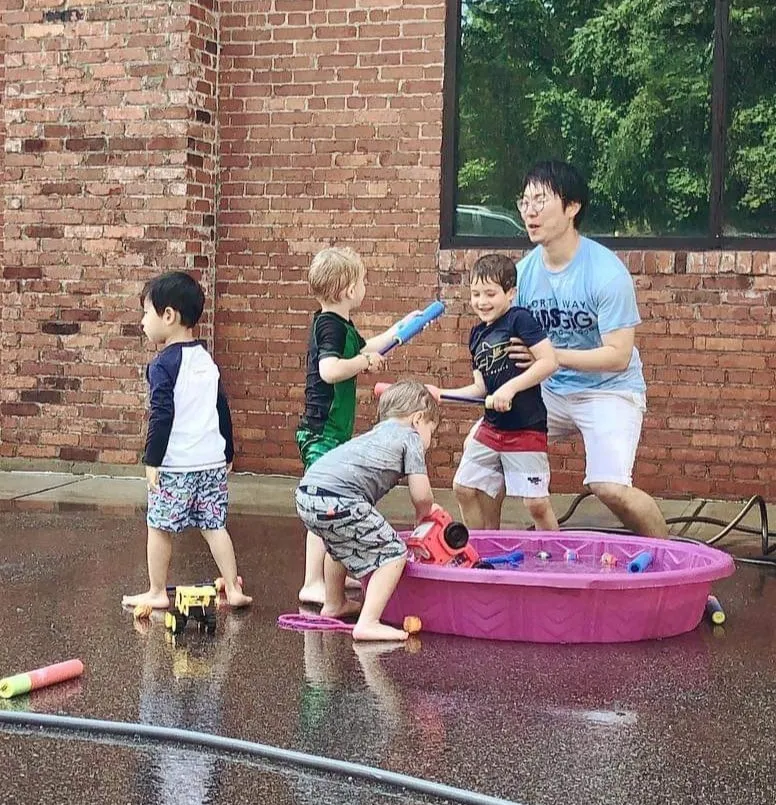
FAQs
Frequently Asked Questions
Pesonal opinions and hot takes
What is the most frequent question you receive as a water researcher?
Is tap water safe to drink?!?!
Do you prefer coffee or tea?
Coffee in the morning for an immediate wakeup and matcha in the afternoon for a mild but long-lasting effect.
What does movement mean to you in your life?
My background as an amateur powerlifter and dancer has given me a profound appreciation for movement. I'm fascinated by the intricate mechanics of how the body moves and its powerful effect on the mind.
What is your favorite quote from a scientist?
Louis Pasteur 'Chance favors the prepared mind'
